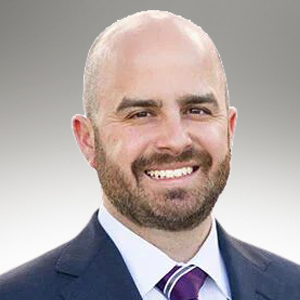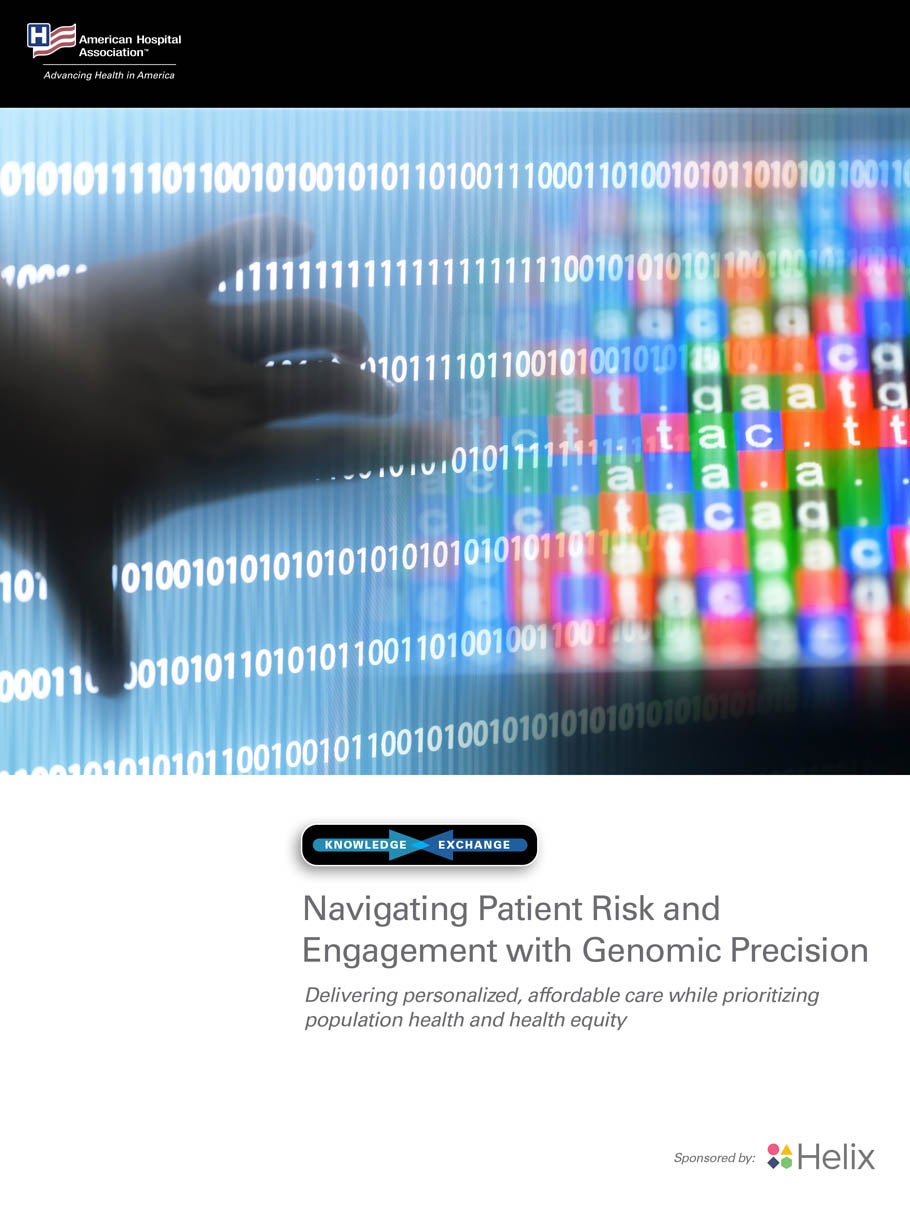
Navigating Patient Risk and Engagement with Genomic Precision

Navigating Patient Risk and Engagement with Genomic Precision
AHA Knowledge Exchange
Delivering personalized, affordable care while prioritizing population health and health equity
Understanding what makes each individual unique is key to achieving optimal health and engaging with patients for personalized, high-quality health care outcomes. Major health systems have been increasing patients’ access to genomics to holistically understand their predisposition to certain diseases, tailor care plans and provide proactive and preventive care rather than treating disease after it manifests. Through large-scale screening, organizations are developing the capability of identifying potential health risks that may be disproportionately affecting ethnically diverse individuals in their community to facilitate the development of proactive health initiatives. This knowledge exchange explores innovative strategies and applications of genomics data to enhance the precision of patient-risk stratification for a more preventive and individualized approach to care.
5 steps health system leaders are taking in their genomics strategy to empower patients and health care providers
- Investigate how to get on the front edge of integrating patients’ genomic information seamlessly into the standard of care.
- Examine health systemwide programs for population health screenings to take preemptive measures aimed at delaying, mitigating or averting life-threatening conditions.
- Pilot use cases in areas with evidence of actionable benefit: familial hypercholesterolemia, hereditary breast and ovarian cancers, Lynch syndrome [the most common form of hereditary colorectal cancer], pharmacogenomics for anxiety and depression.
- Explore electronic health record (EHR) tools for data aggregation and reporting to help improve clinical workflows and create data strategies that may allow for opportunity assessments.
- Engender trust and embed genomics into the health equity team with a community advisory board to build trust, to focus on research and bring novel discovery to Black, Indigenous and people of color. Be explicit with consent that patients own their data, have access to it and it is portable.
Participants

Nwando Anyaoku, M.D., MPH, MBA
Chief health equity and clinical innovation officer
Providence

Nick Bennett, PharmD, BCPS, BCIDP
Manager, Antimicrobial and Diagnostic Advisement Program
Saint Luke’s (West Region), BJC Health System

Casey Granack, MHA, PCMH CCE
Manager, innovations
WakeMed

Cassie Hajek, M.D., FACP, FACMG
Medical director
Helix

Manoja Lecamwasam, PhD, MBA
System vice president, intellectual property and strategic life sciences
CommonSpirit Health

Craig Newman
Senior vice president, health systems and strategic partnerships
Helix

Balazs Zsenits, M.D.
Chief medical information officer and senior vice president
Rochester Regional Health

Moderator:
Suzanna Hoppszallern
Senior editor, Center for Health Innovation
American Hospital Association
AHA Knowledge Exchange
Gain insights from the C-suite and health care leaders on the most pressing issues and transformational strategies.








